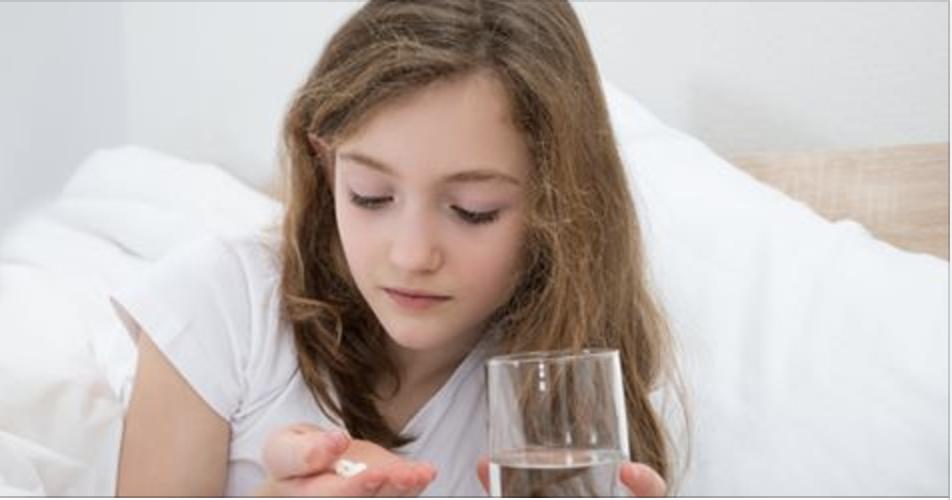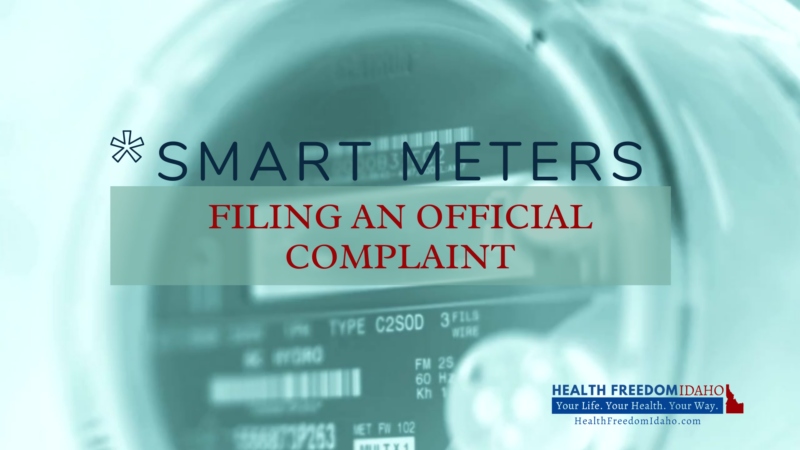Could Micronutrients Replace Ritalin as Treatment for ADHD?

While there are a number of ADHD treatments available for both adults and children, it is unusual to see “independently researched” and “stimulant-free” associated with one.
It’s really not a new idea.
For decades, Dr. Bruce Ames, world-renowned biochemist and senior scientist at Children’s Hospital O
Dr. Ames has shown that
It is little wonder that this renowned scientist has concluded that “We are starving, even though we are all getting fat, we are starving for vitamins and minerals.” [3]
So couldn’t we just eat more vegetables?
Dr. Ames is just one of many researchers finding that even carefully selected diets may no longer provide us with the levels of essential minerals and vitamins considered adequate, not to mention the quantities of essential nutrients required to optimize health for those with existing mental or physical illness.
Research has shown that food crops today have lower nutrient values than they did 50+ years ago.
It’s not that diet and lifestyle improvements are unnecessary—indeed they are incredibly helpful—but the truth is, even the healthiest modern diet is simply not enough to be a complete treatment for most people, which makes supplementation a serious issue.
Dr. Julia Rucklidge, one researcher who has conducted a number of independent studies on clinical micronutrient therapy for ADHD says:
“The evidence now is pretty remarkable in terms of using vitamins and minerals for the treatment of mental illness
Sources:
[1] Ames, BN. A role for supplements in optimizing health: the metabolic tune-up. Arch Biochem Biophys. 2004. 423:227-234.
[2] Vinh Quôc Luong K et al. J Neurosci Res. (2012); Karmon Y et al. Neurol Res. (2012); Muller
*These statements have not been evaluated by the FDA and are not intended to cure or treat any disease. These statements do not constitute medical advice, you should ask your doctor before starting or changing any health regimen.
†Refers to Daily Essential Nutrients and pre-2013 versions of EMPowerplus co-formulated by David L. Hardy, founder of Hardy Nutritionals®.






